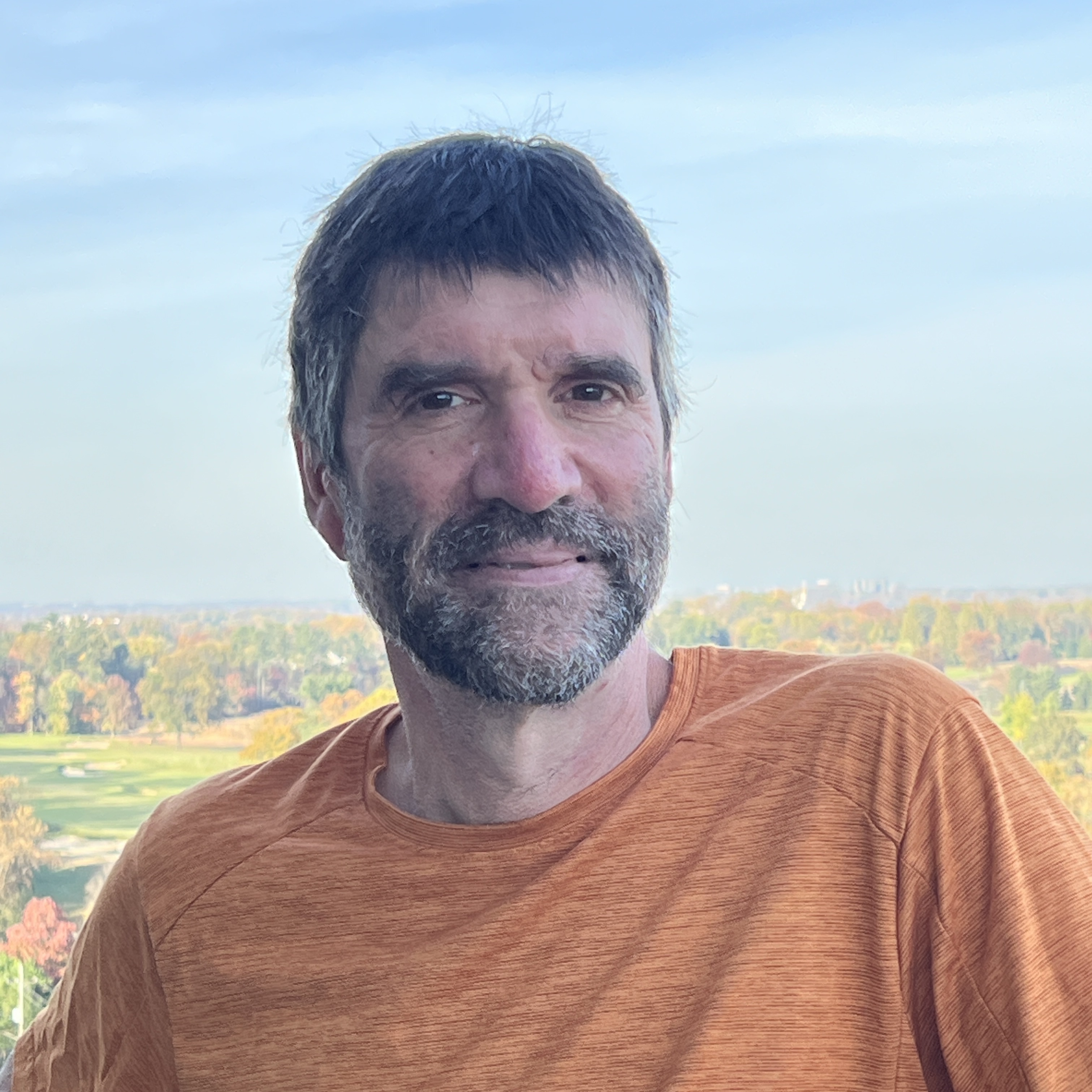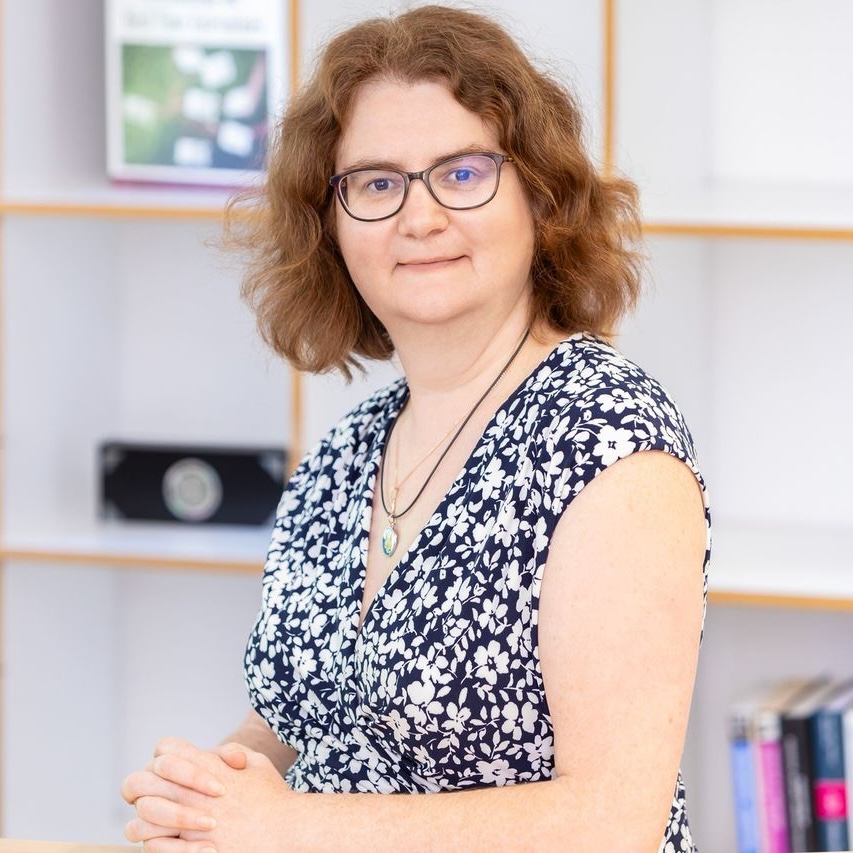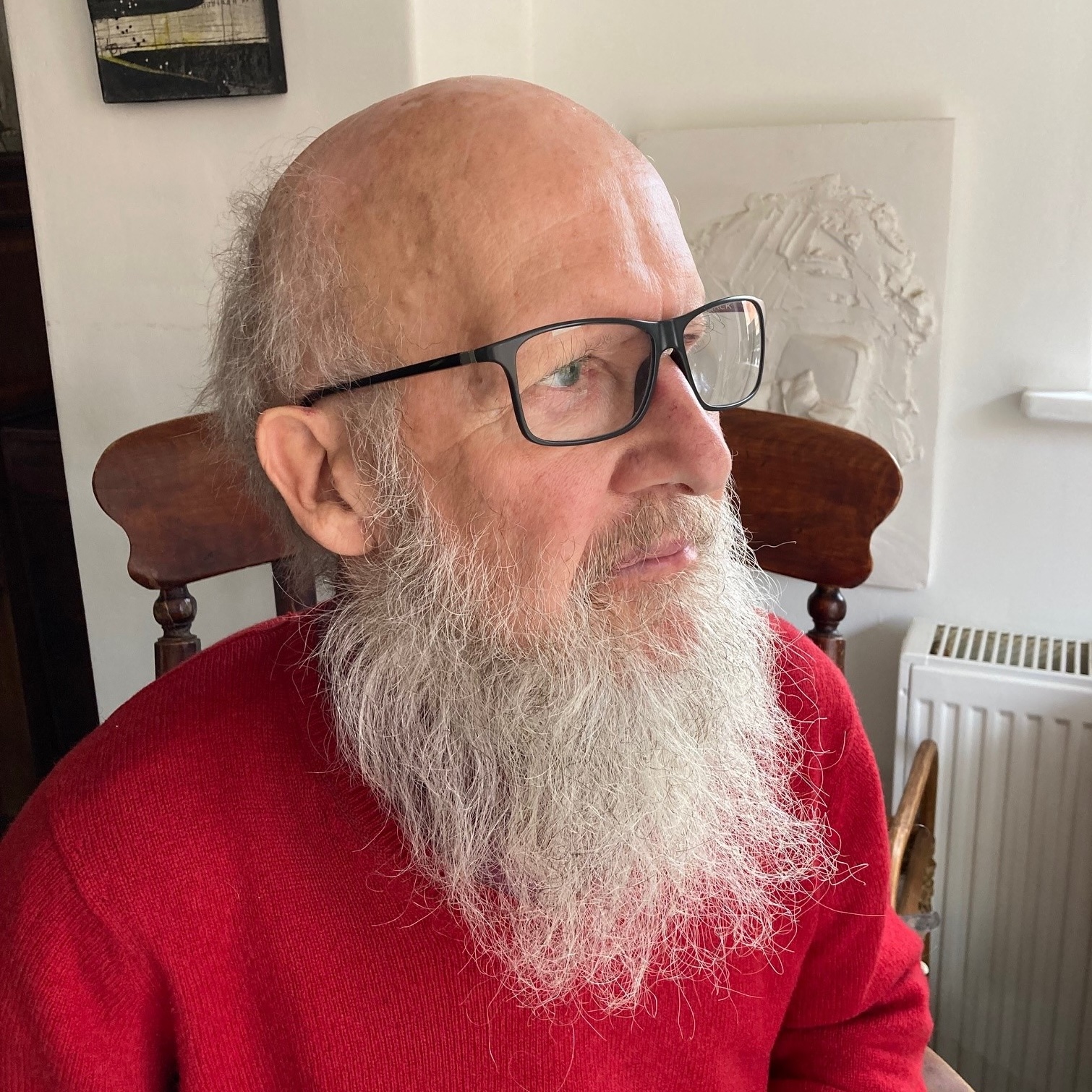Digital Health

Ophir Frieder
Georgetown University, Washington DC (USA)
Abstract: The "AI revolution" is lavished with accolades and showered with concerns, including some dire warnings. Regardless, this revolution continues to shape nearly all technology and domains. We focus specifically on medical applications that rely on search or recommendation technology. Relying on these technologies, we alleviate the ever-growing shortage of medical care personnel. Specifically, patient interactions are simplified by conversational agents, medical triage is accomplished by self-administered surrogates, early-onset of mental health conditions are detected through opt-in monitoring agents, and treatment suggestions are generated and evaluated via retrieval and mining applications. These are just some examples where search and related technologies are reshaping medical practice. Currently or soon to be deployed systems are described. "In progress" efforts are likewise highlighted. While some of the described systems rely on recent technology advances, others are simply based on "bread and butter" approaches, reminding us that "new and improved" is not always needed, and at times, is overkill and needlessly costly. We conclude with some observations.
Bio: Ophir Frieder focuses on scalable information processing systems with particular emphasis on health informatics. He is a member of the computer science faculty at Georgetown University and the biostatistics, bioinformatics and biomathematics faculty at the Georgetown University Medical Center.
Please meet AI, our dear new colleague. In other words: can scientists and machines truly cooperate?

Iryna Gurevych
Technical University of Darmstadt, Germany
Abstract: How can AI and LLMs facilitate the work of scientists in different stages of the research process? Can technology even make scientists obsolete? The role of AI and Large Language Models (LLMs) in science as the target application domain has recently been rapidly growing. This includes assessing the impact of scientific work, facilitating writing and revising manuscripts as well as intelligent support for manuscript quality assessment, peer-review and scientific discussions. The talk will illustrate such methods and models using several tasks from the scientific domain. We argue that while AI and LLMs can effectively support and augment specific steps of the research process, expert-AI collaboration may be a more promising mode for complex research tasks.
Bio: Iryna Gurevych is Professor of Ubiquitous Knowledge Processing in the Department of Computer Science at the Technical University of Darmstadt in Germany. She also is an adjunct professor at MBZUAI in Abu-Dhabi, UAE, and an affiliated professor at INSAIT in Sofia, Bulgaria. She is widely known for fundamental contributions to natural language processing (NLP) and machine learning. Professor Gurevych is a past president of the Association for Computational Linguistics (ACL), the leading professional society in NLP. Her many accolades include being a Fellow of the ACL, an ELLIS Fellow, and the recipient of an ERC Advanced Grant. Most recently, she has received the 2025 Milner award of the British Royal Society for her major contributions to NLP and artificial intelligence that combine deep understanding of human language and cognitive faculty with the latest paradigms in machine learning.
BM25 and All That - A Look Back

Stephen Robertson
Girton College, Cambridge (UK)
Abstract: It is 30 years since the weighting-and-ranking function BM25 was published, and more than 55 years since I started work in the field we know as information retrieval. I will be talking about my experiences as an IR researcher over the period from 1968 to the early 2000s, including the development of the probabilistic model which led to BM25, and also some of the work on IR evaluation in the years since the Cranfield experiment. More generally, I will talk about some of the ways in which the field has changed and developed over that time, and about some of the characters who helped to shape the field, including my own interactions with them.
Bio: First degree in mathematics and masters in information science. Worked for five years in a small government-funded research unit. Doctorate from University College London, where I held a research fellowship for five years. Twenty years as a regular academic at City University London, with a brief sabbatical at University of California Berkeley. Fifteen years as researcher at the Microsoft Research Lab in Cambridge UK. Now retired. Professor Emeritus at City, visiting professor at University College, and Fellow of Girton College Cambridge. Winner of the Strix Award in 1998 and the Salton Award in 2000.